The principles of rewilding
Rewilding practitioners from across Europe have co-formulated a set of principles that characterise and guide rewilding in a European context. All equally important, these are as follows..
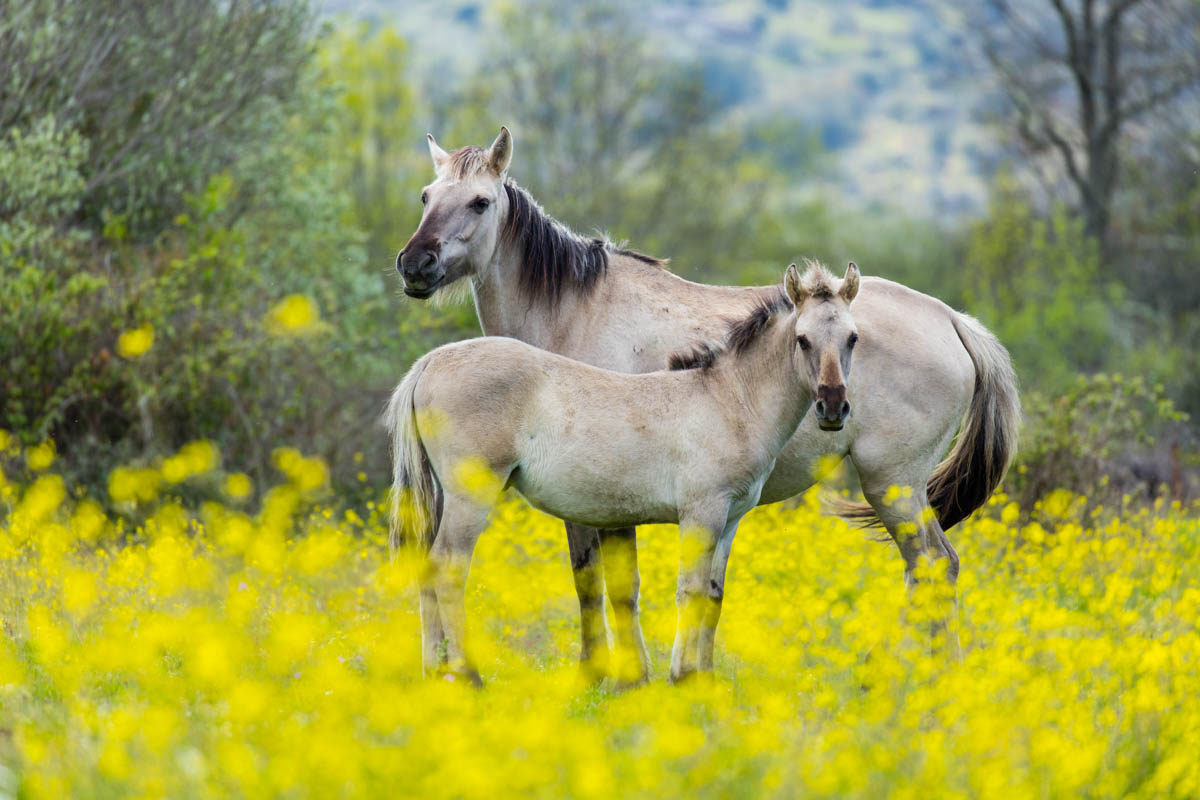
Providing hope and purpose
Rewilding generates visions of a better future for people and nature that inspire and empower. The rewilding narrative not only tells the story of a richer, more vital tomorrow, but also encourages practical action and collaboration today.
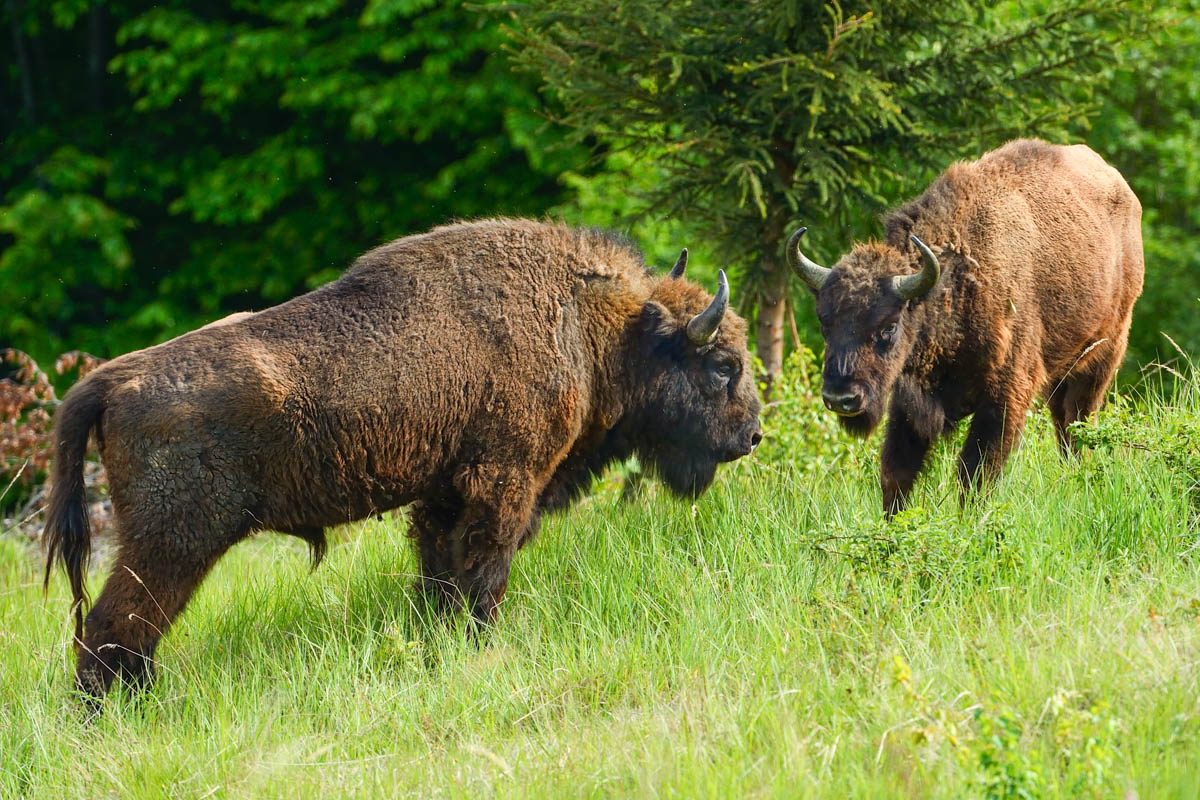
Offering natural solutions
By providing and enhancing nature-based solutions, rewilding can help to mitigate environmental, social, economic and climatological challenges.

Thinking creatively
Rewilding means acting in ways that are innovative, opportunistic and entrepreneurial, with the confidence to learn from failure.
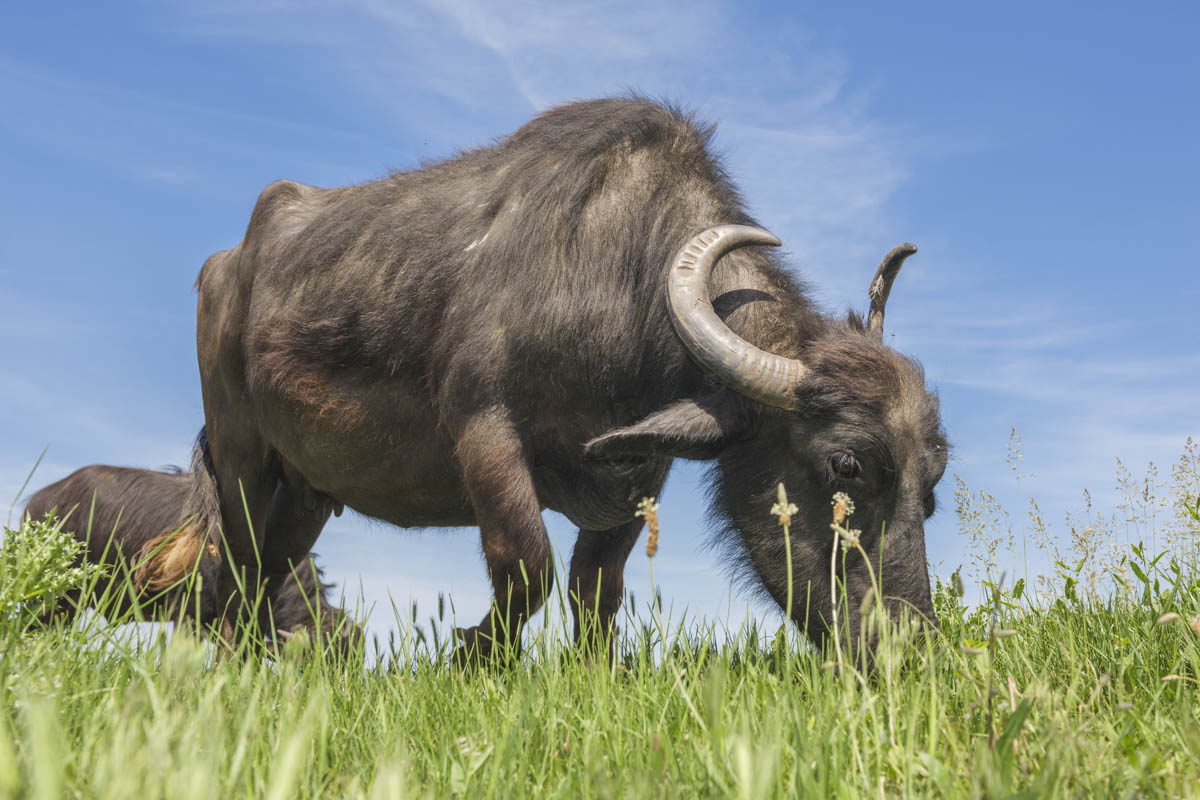
Complementary conservation
Rewilding complements more established methods of nature conservation. In addition to conserving the most intact remaining habitats and key biodiversity areas, we need to scale up the recovery of nature by restoring lost interactions and restore habitat connectivity.
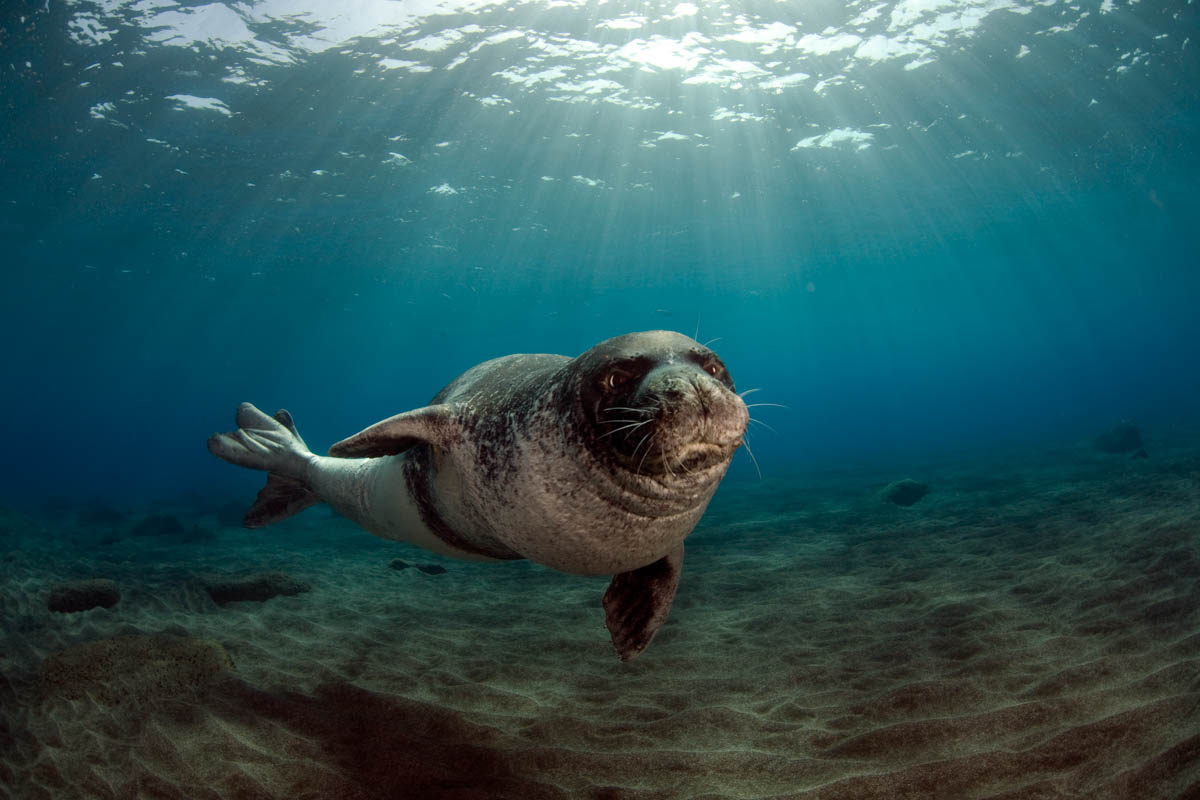
Letting nature lead
From the free movement of rivers to natural grazing, habitat succession and predation, rewilding lets restored natural processes shape our landscapes and seascapes in a dynamic way. There is no human-defined optimal point or end state. It goes where nature takes it. By helping nature’s inherent healing powers gaining strength, we will see people intervene less in nature going forwards.
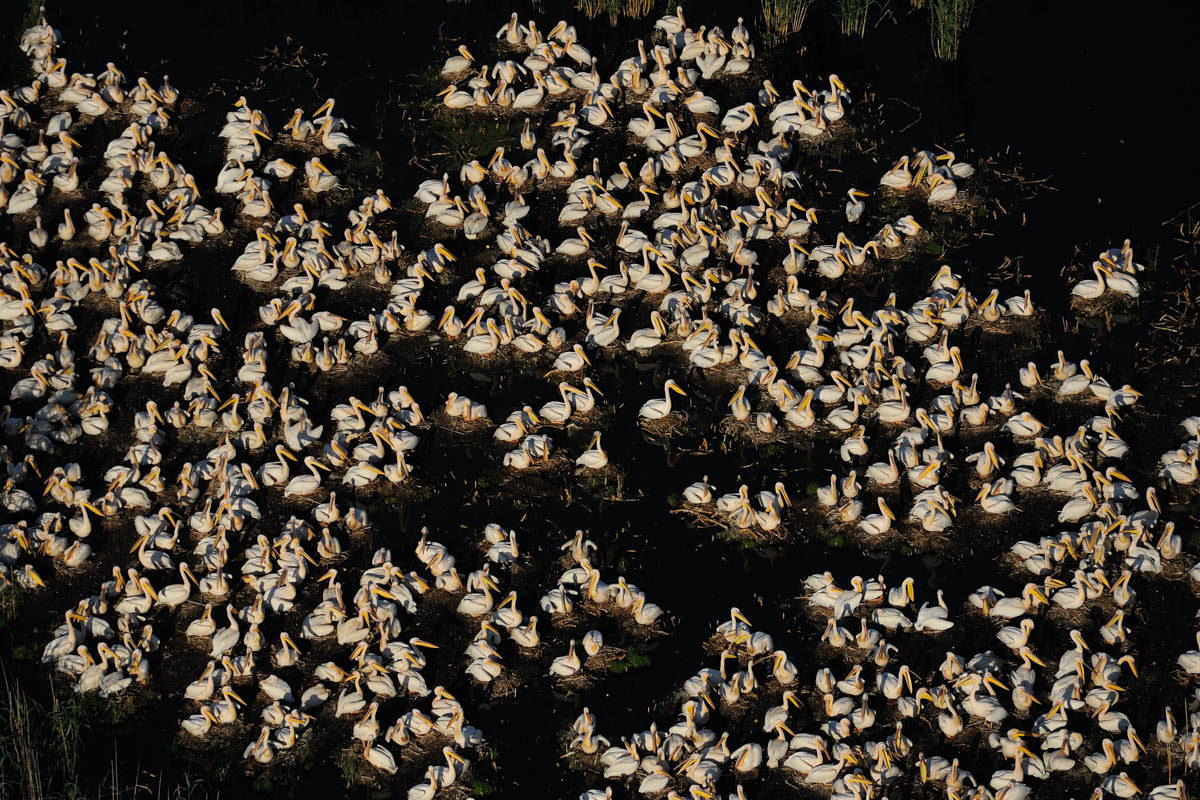
Working at nature’s scale
Rewilding means working at scale to rebuild wildlife diversity and abundance and giving natural processes the opportunity to enhance ecosystem resilience, with enough space to allow nature to drive the changes and shape the living systems.
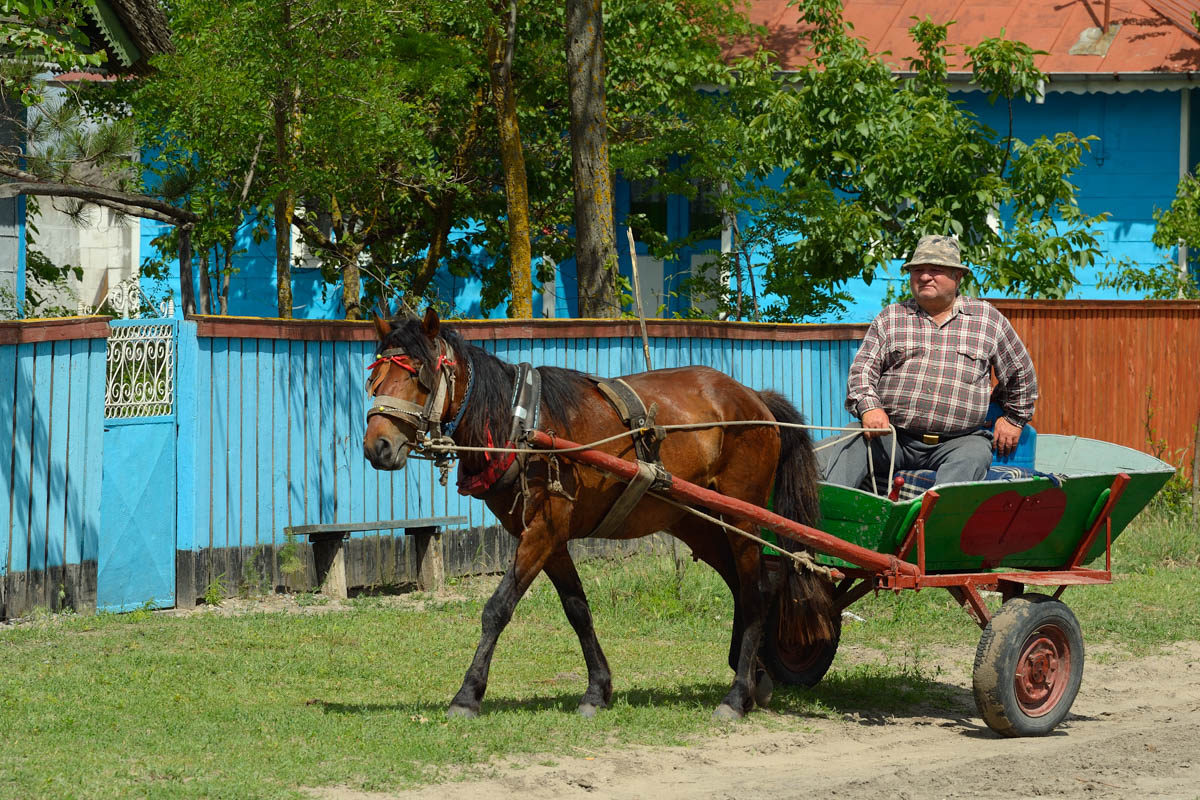
Acting in context
Rewilding embraces the role of people, and their cultural and economic connections to the land. It is about finding ways to work and live within healthy, natural vibrant ecosystems and reconnect with wild nature. We approach rewilding with a long-term knowledge of the environmental and cultural history of a place.
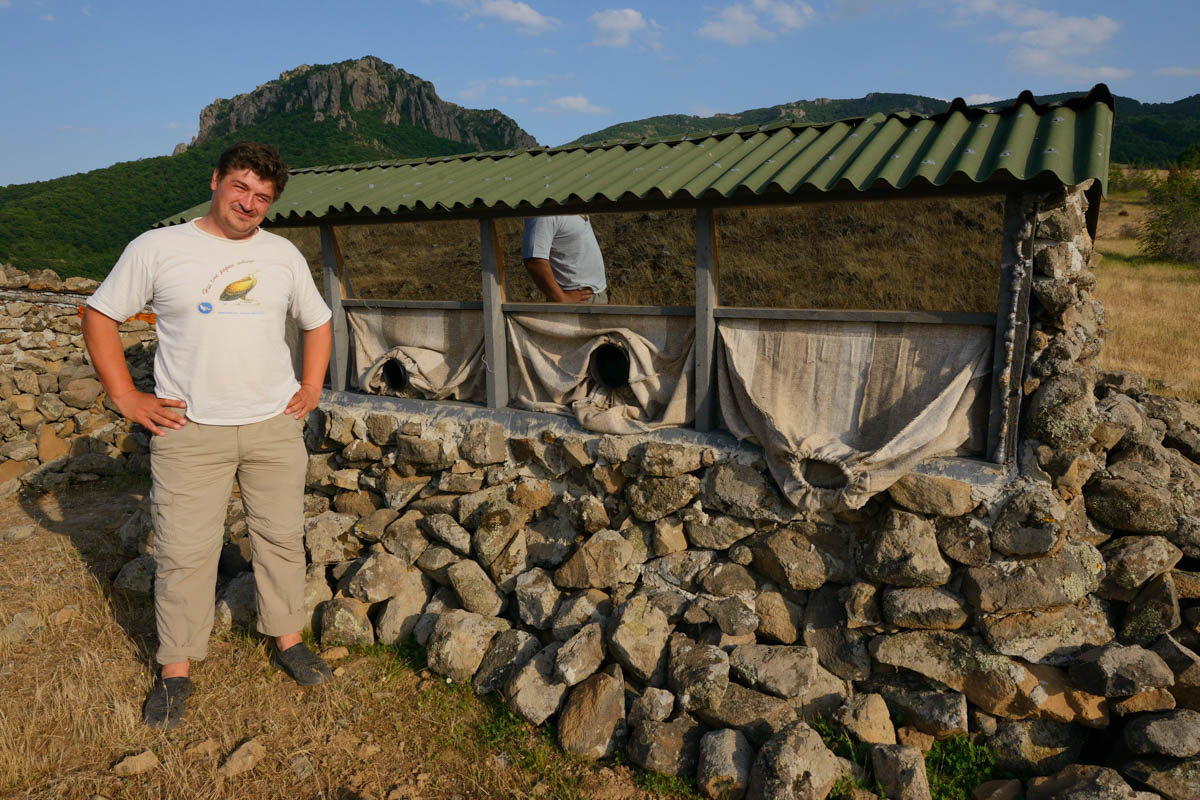
Building nature-based economies
By enhancing wildlife and ecosystems, rewilding provides new economic opportunities through generating livelihoods and income linked to nature’s vitality.
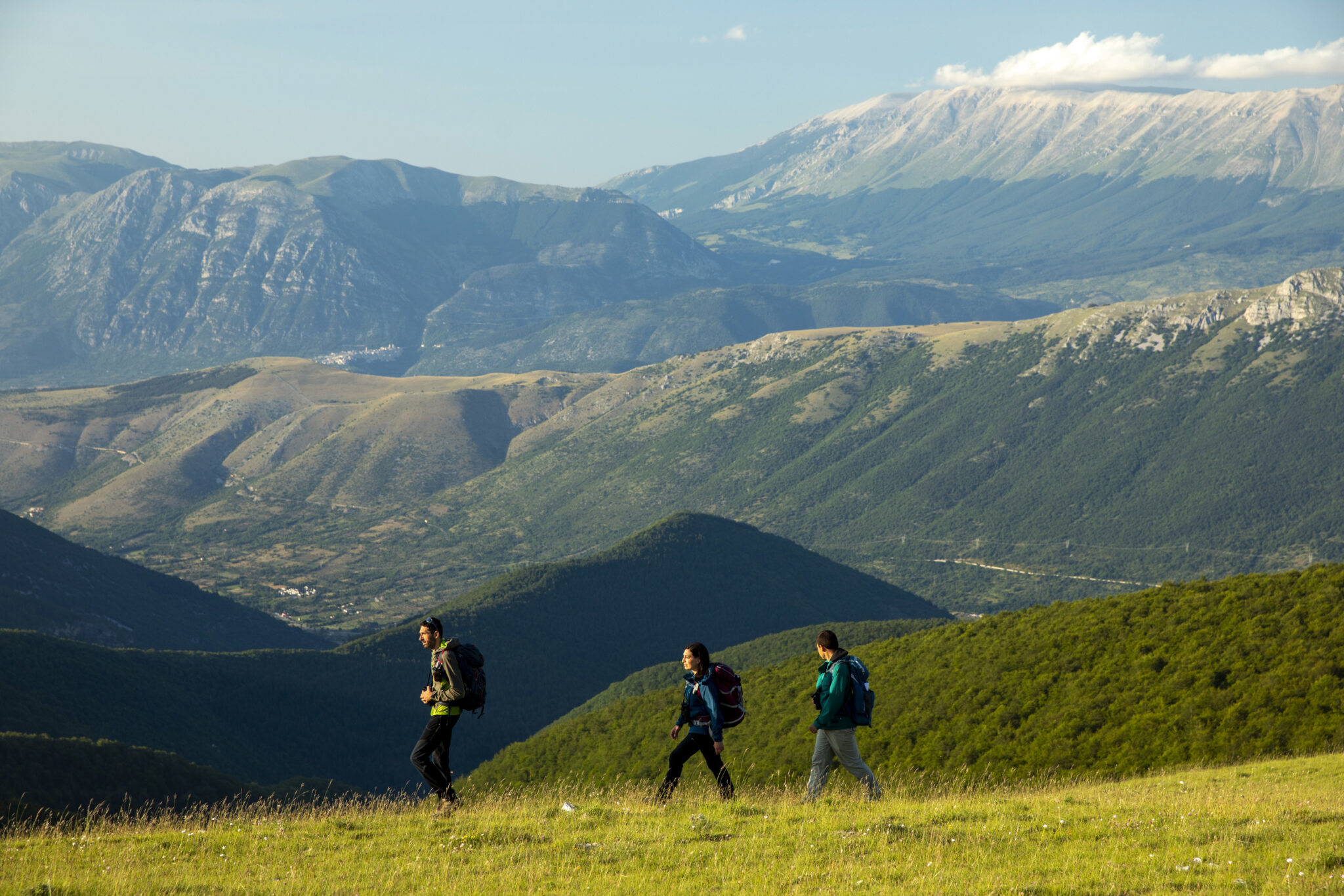
Long-term focus
To ensure sustained positive effects on biodiversity and resilient ecosystems for future generations, rewilding efforts aim and work on a long-term perspective.
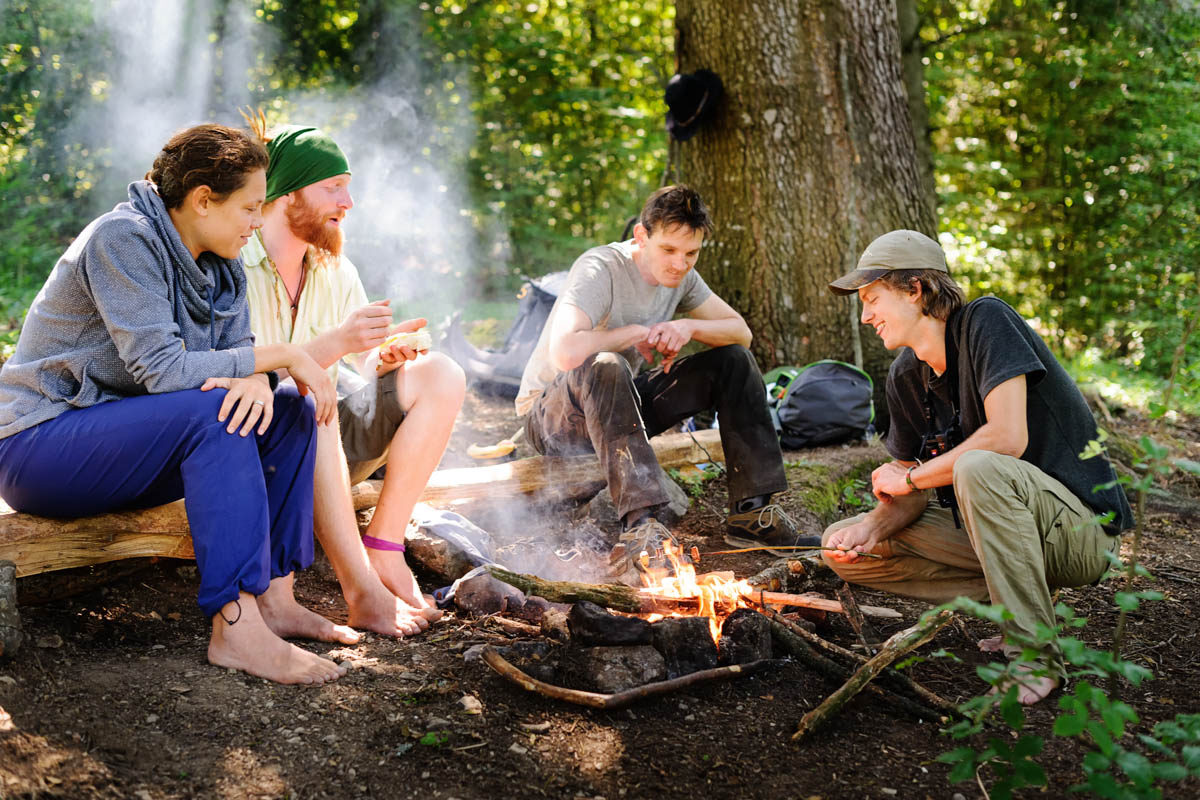
Working together
Building coalitions and providing support based on respect, trust and shared values. Connecting people of all backgrounds to co-create innovative ways of rewilding and deliver the best outcomes for communities and wild nature.
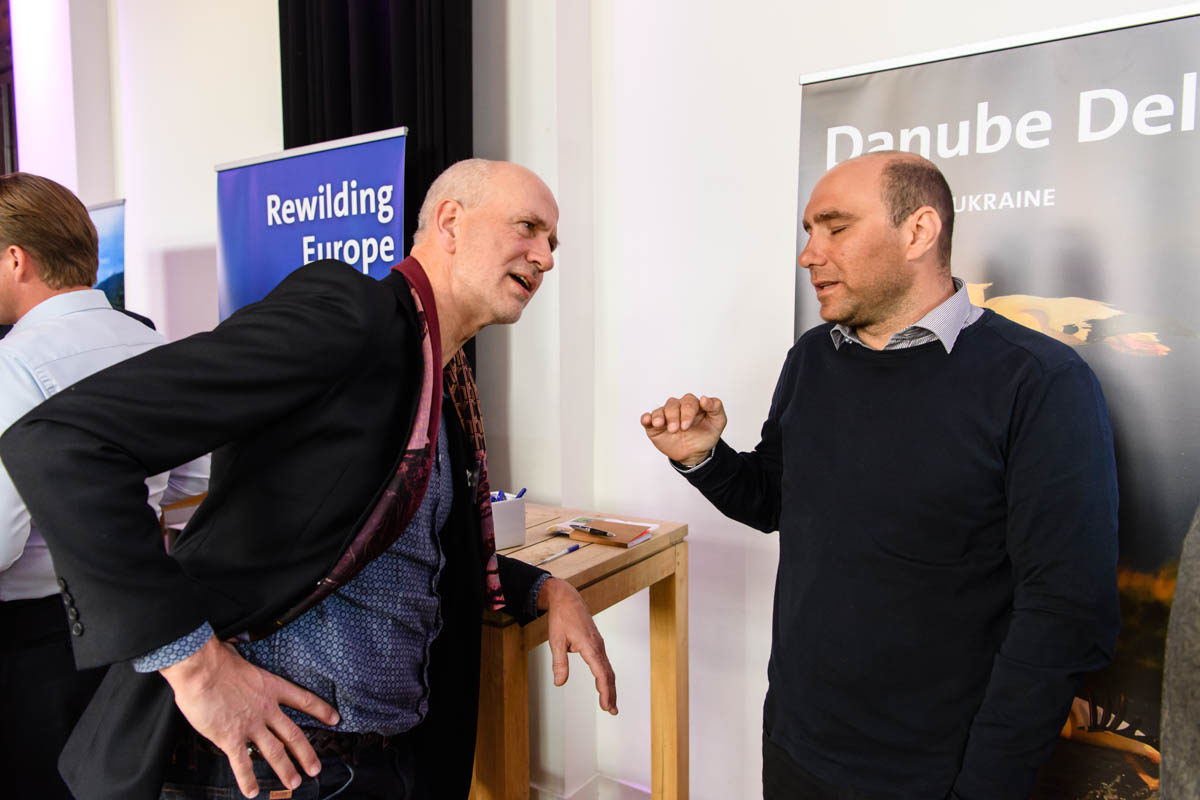
Knowledge exchange
Exchanging knowledge and expertise to continually refine rewilding best practice and achieve the best possible rewilding results. Using the best-available evidence, gathering and sharing data, and having the confidence to learn from failure will lead to success.
